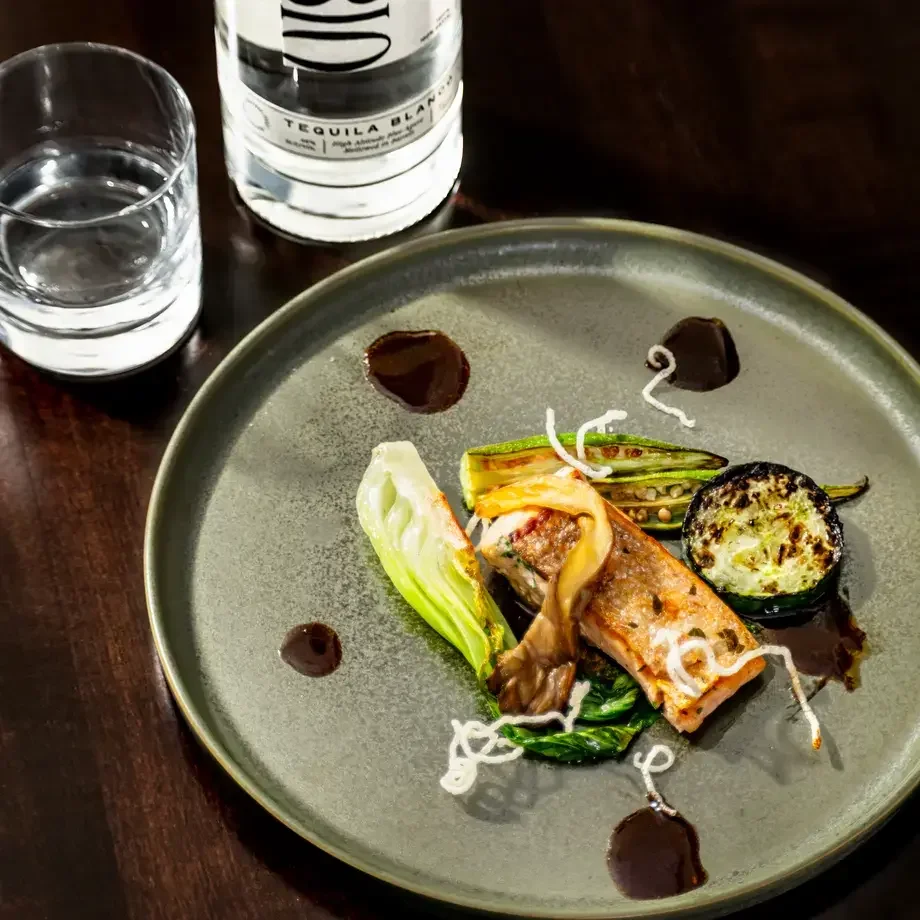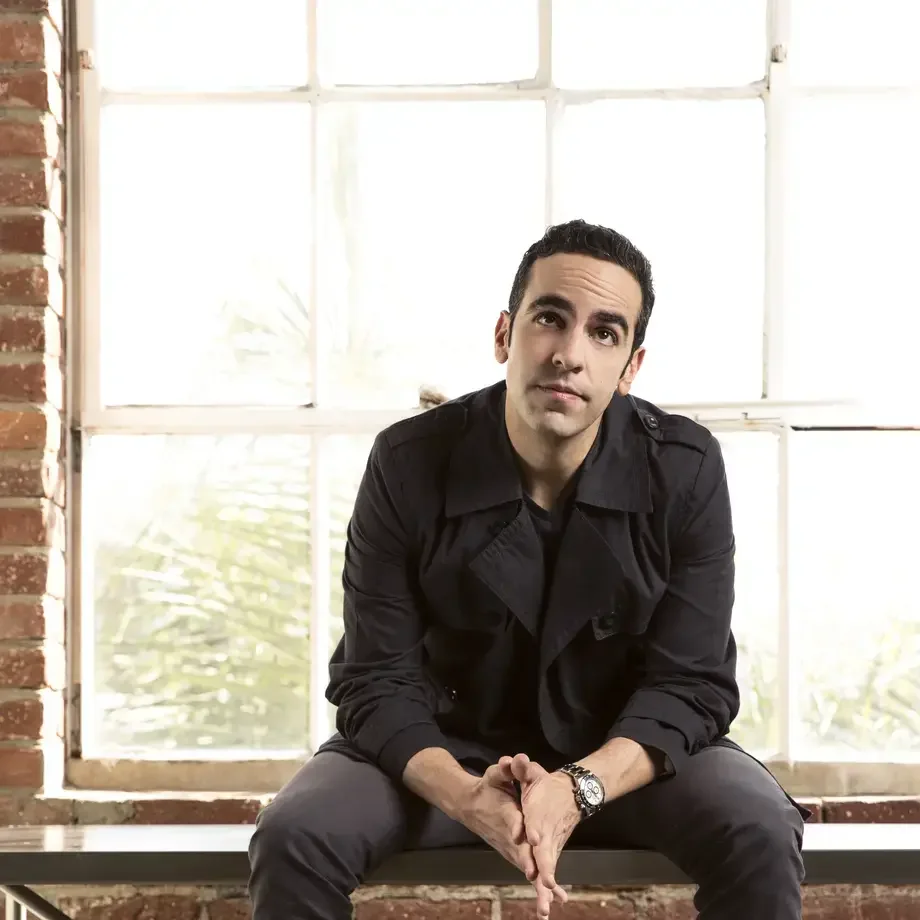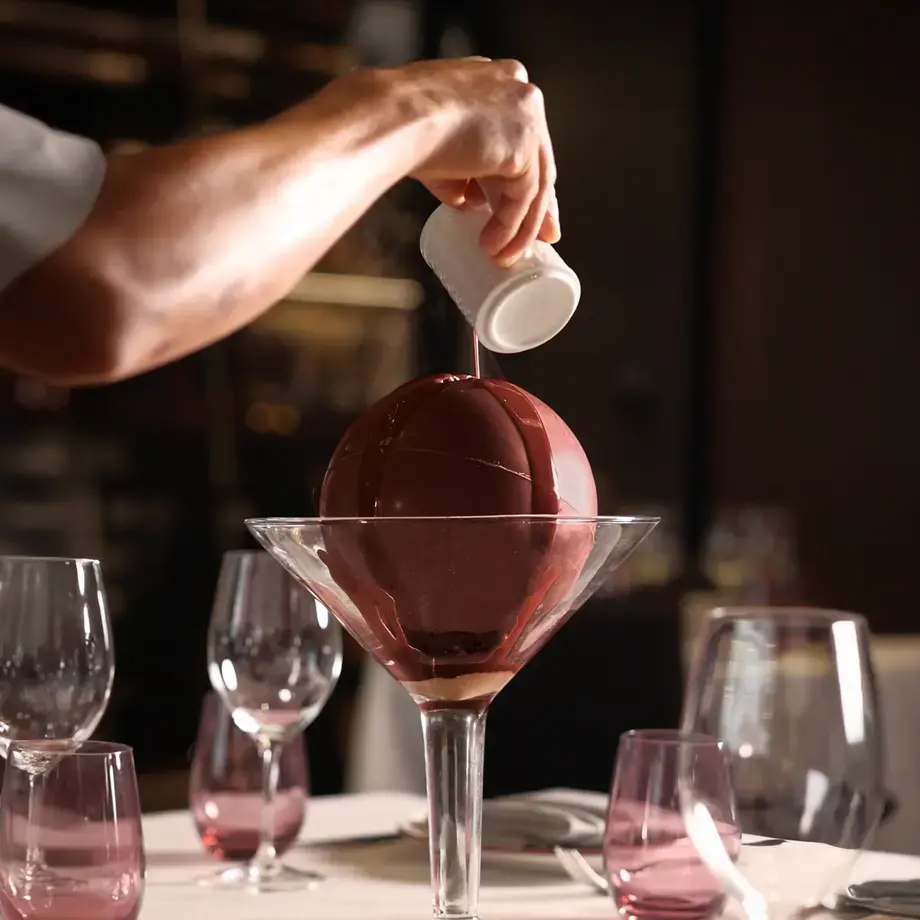Many sources affirm that poet and playwright Oscar Wilde was also an expert in food and wine. Accustomed to dining in the most fashionable restaurants, Wilde is not only beloved for plays like The Importance of Being Earnest and stories like The Picture of Dorian Gray, but he is appreciated for his many quips and memorable aphorisms - many of which were part of his fiction, but many are attributed to his most famous character: himself.
“When I am in trouble, eating is the only thing that consoles me. Indeed, when I am in really great trouble, as any one who knows me intimately will tell you, I refuse everything except food and drink”.
Algernon Moncrieff, Oscar Wilde’s The Importance of Being Earnest, Act 2 (1895)
Wilde was appreciated—both in England and abroad—for the warmth and deep timbre of his voice, for the purity and polish of his phrases, for the freshness of his analogies and his poetic inventiveness. He managed to express even the most mundane of concepts into sharp insights that are still repeated and quoted today.
“A man who can dominate a London dinner-table can dominate the world.”
Lord Illingworth, Oscar Wilde’s A Woman of No Importance, Act 3 (1893)
“After a good dinner one can forgive anybody, even one's own relatives.”
Lady Caroline, Oscar Wilde’s A Woman of No Importance, act 2 (1893)
And how about…
“I can’t stand people who do not take food seriously.”
Oscar Wilde
“Now I know that all men are monsters […] The only thing to do is to feed the wretches well. A good cook does wonders.”
Duchess of Berwick, Oscar Wilde’s Lady Windermere’s Fan (1893)
He was embraced by high society for his scathing irony, his repudiation of conventions and his extravagant behavior. His own quips, phrases and criticisms eventually became even more famous than his literary works. In 1895, however, at the peak of his career, he found himself at the center of a scandal in Victorian England. He was accused of sodomy, put on trial, an then condemned to two years of forced labor. He finished his prison sentence as a broken man—emotionally weakened and financially drained.
But one more curious, food-related fact. In his 1895 play, The Importance of Being Ernest, it was Wilde who consecrated the cucumber sandwich as the bite-sized symbol of the British upper class. In the first act of the play, with an ironic nudge to the “seriousness” of the late Victorian era, the formidable Lady Bracknell laments their absence. In fact, the very sandwiches that had been expressly ordered and prepared for Lady Bracknell's expected visit, were all voraciously eaten beforehand by her nephew and host, Algernon Moncrieff. To avoid his aunt’s wrath, he is forced to tell a little lie, with his butler's connivance: namely that "there were no cucumbers in the market this morning... not even for ready money."
This story is taken from the book Tacuinum dè Eccellentissimi, ali&no publisher








